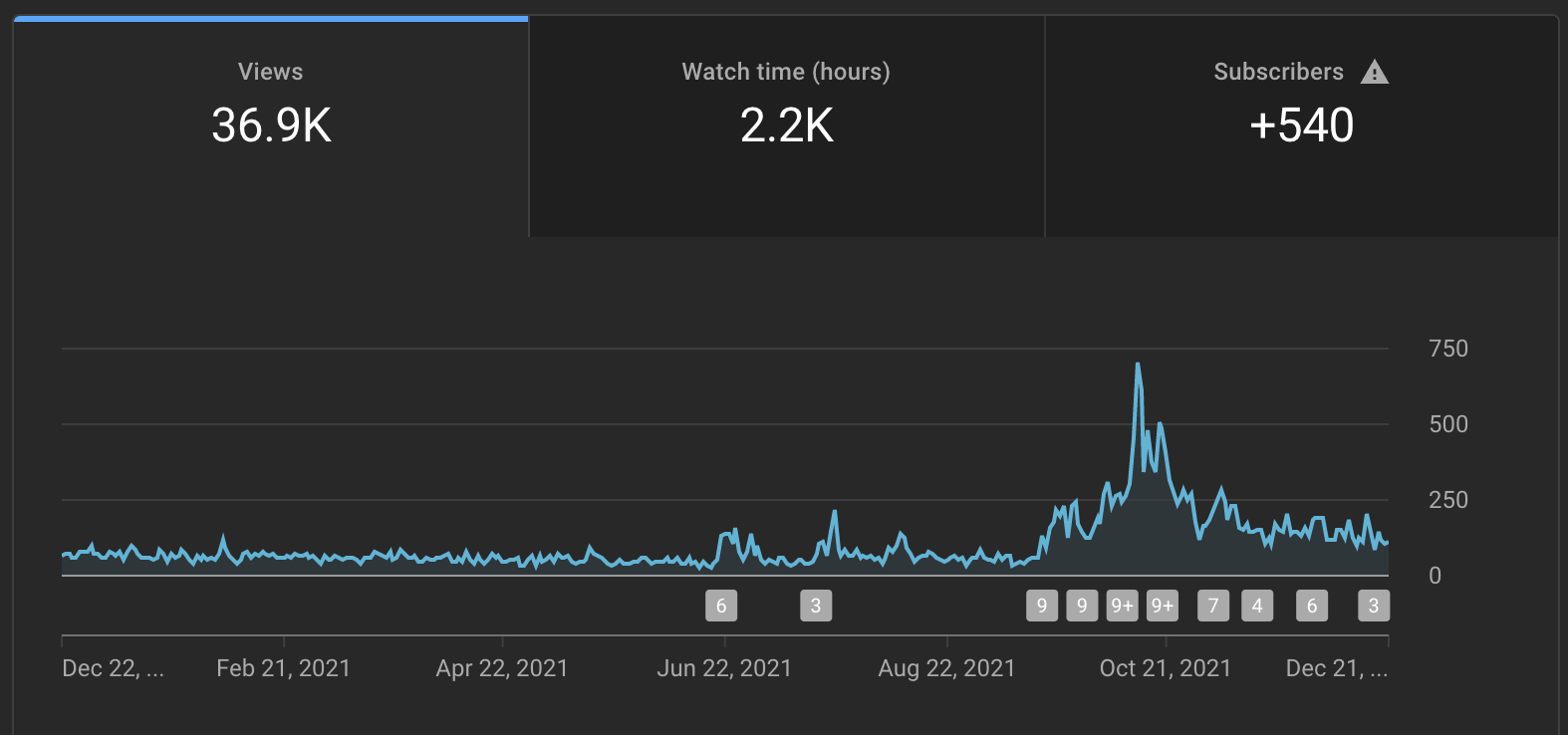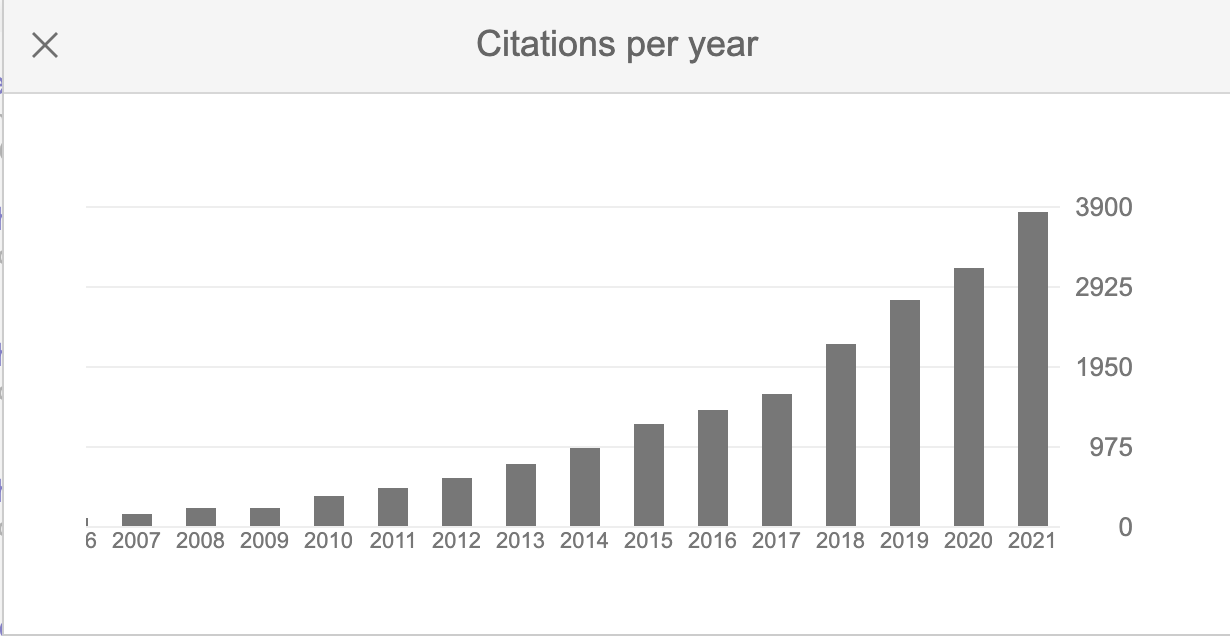2021 in a nutshell
Posted December 22, 2021 at 04:18 PM | categories: news | tags:
Table of Contents
I skipped the last two years of these it looks like. This year is ending in a better place than last year, so here is a nutshell for the past year!
1. Service accomplishments
This year I led an effort to create a Diversity, Equity and Inclusion committee within the Department of Chemical Engineering. I also serve on our college level DEI committee. It has been a challenging year to do this work mostly by Zoom, but I am proud of what our group has been able to do in the department and college. This isn't really new work, I have been involved in some way or another for six or seven years, but this past year was a major elevation of that work.
2. Research group accomplishments
Jenny (Ni) Zhan successfully defended her PhD and has graduated in 2021. Congratulations Jenny!
Two new MS students joined the group, Luyang Liu and Ananya Srivastava. They are starting a new research direction in natural language processing.
Omar Jimènez-Negrón finished his REU work with us, and has accepted a graduate position at Ga Tech.
3. Publications
This year was a better year than last year for publications. Our work this year covered a pretty broad range of topics from liquid metal alloys, to hydrogen production, to algorithms in uncertainty quantification and molecular simulation. My students and collaborators did a fantastic job on this work. Thank you!
- Zhan, N., & Kitchin, J. R. (2021). Origin of the Stokes-Einstein deviation in liquid Al-Si. Molecular Simulation, 1–11. http://dx.doi.org/10.1080/08927022.2021.2012572
- Bhat, M., Lopato, E., Simon, Z. C., Millstone, J. E., Bernhard, S., & Kitchin, J. R. (2022). Accelerated optimization of pure metal and ligand compositions for light-driven hydrogen production. Reaction Chemistry & Engineering. http://dx.doi.org/10.1039/d1re00441g
- Simon, Z. C., Lopato, E. M., Bhat, M., Moncure, P. J., Bernhard, S. M., Kitchin, J. R., Bernhard, S., Millstone, J. E. (2021). Ligand enhanced activity of in situ formed nanoparticles for photocatalytic hydrogen evolution. ChemCatChem, http://dx.doi.org/10.1002/cctc.202101551
- Zhan, N., & Kitchin, J. R. (2021). Uncertainty quantification in machine learning and nonlinear least squares regression models. AIChE Journal, http://dx.doi.org/10.1002/aic.17516
- Yang, Y., Omar A. Jimènez-Negrón, & Kitchin, J. R. (2021). Machine-learning accelerated geometry optimization in molecular simulation. The Journal of Chemical Physics, 154(23), 234704. http://dx.doi.org/10.1063/5.0049665
- Liu, M., Yang, Y., & Kitchin, J. R. (2021). Semi-grand canonical Monte Carlo simulation of the acrolein induced surface segregation and aggregation of AgPd with machine learning surrogate models. The Journal of Chemical Physics, 154(13), 134701. http://dx.doi.org/10.1063/5.0046440
4. org-ref version 3
I wrote and released org-ref version 3. The new version provides much better support for pre and post notes, and uses CSL for non-LaTeX exports, which is should be a big improvement over version 2. org-ref has been downloaded from MELPA more than 180,000 times now! It is amazing this tool I wrote to make my life easier has had such an impact.
The citation space in org-mode is a little complicated now because org-mode now has its own citation syntax. I tried hard to find a way to use that in org-ref, but I was unable to find a way that would also support legacy org-ref documents, and that also supports the cross-references, indexes, glossary and acronym features of org-ref. org-ref remains focused on supporting these in scientific documents, and staying close to the way they would look in LaTeX.
5. YouTube
Back in September I started making YouTube videos again around the release of org-ref v3. I started a new pycse playlist about Python. Check it out and subscribe if you like it! I also started making video briefs on our research papers and some research talks as an experiment. You can see here it made a difference in the channel traffic. At 2200 hours of watch time, this is an interesting kind of outreach and public impact from our work.

Why is this a good idea? Check out our publication page https://kitchingroup.cheme.cmu.edu/publications.html. You can see the Altmetric scores on our papers are generally pretty good, and even our newer papers are getting cited. It certainly has not hurt our citations per year according to Google Scholar.

It is also kind of fun.
6. Outlook for 2022
Things look ok for 2022. Probably I will start traveling for work again, so I hope to see some of you in person soon! I will limit travel pretty strictly, and remain vigilant about masking, so don't plan on any meals or outings to bars just yet!
I am teaching my Data science in chemical engineering course again and a new software engineering course this Spring which should be fun! Finally, stay tuned, hopefully I will have some news on a new venture I am trying to get started early in 2022!
Copyright (C) 2021 by John Kitchin. See the License for information about copying.
Org-mode version = 9.5.1